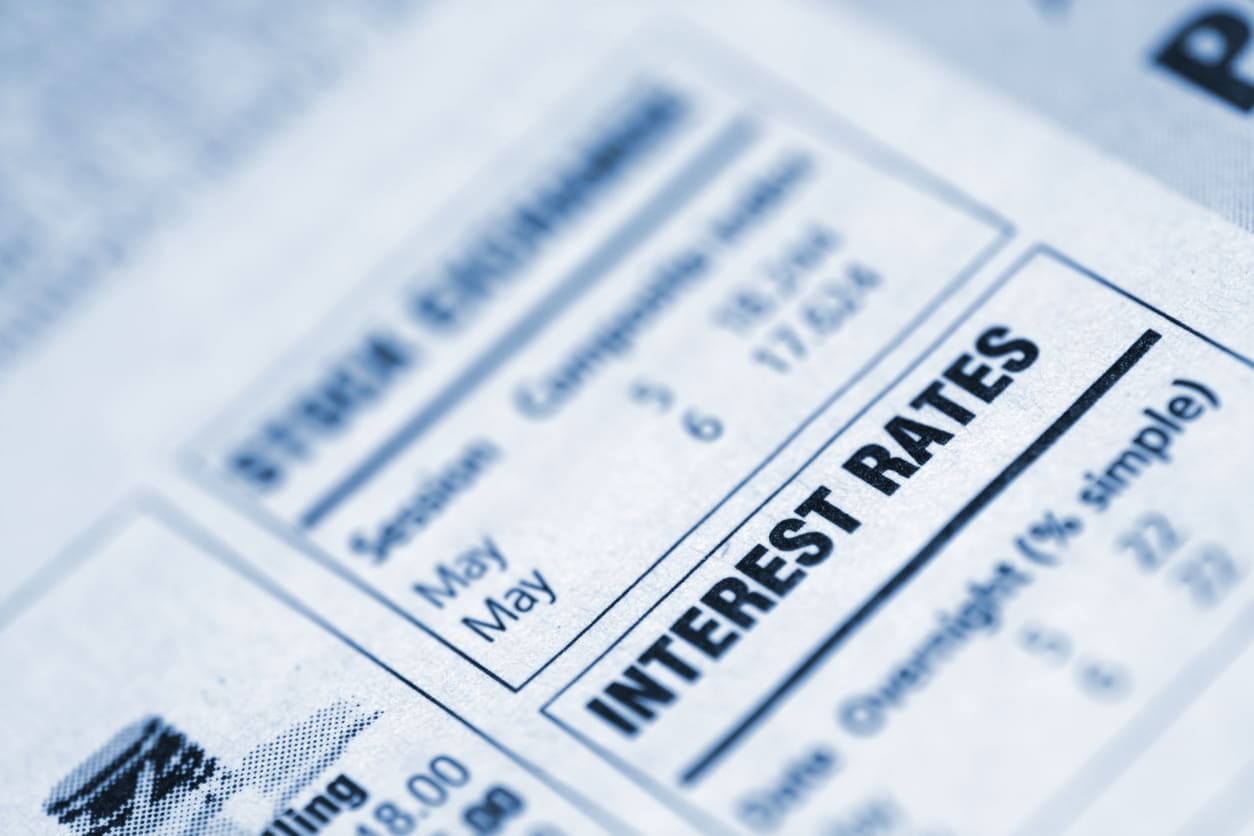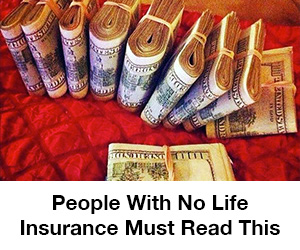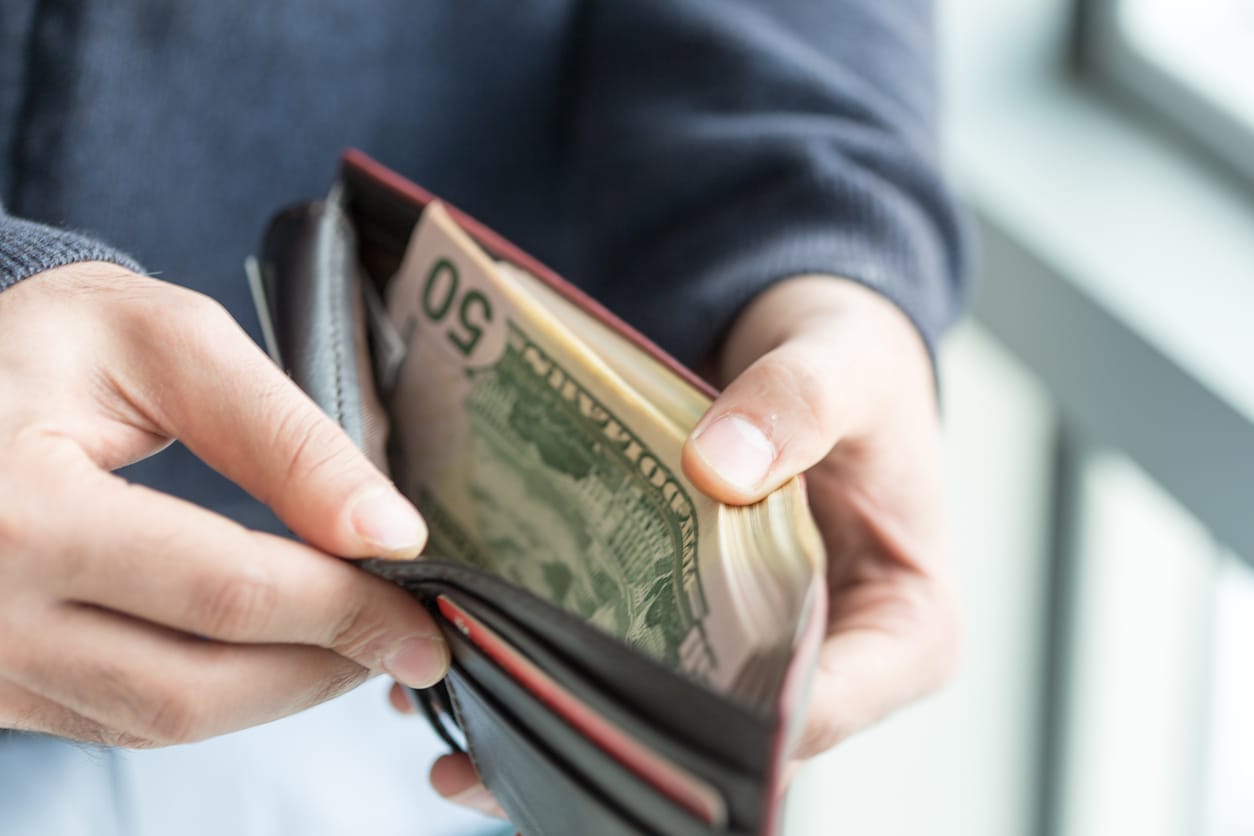6 Ways Increasing Interest Rates Affects Your Finances

Across the US, bank interest rates are beginning to rise again. While these movements go on in the background, many Americans aren’t aware of the real-world effects that a spike in interest rates can have on their purchases and finances. In 2009, the prime rate dropped to 3.25% and lots of consumers took out seemingly attractive loans. But, the Fed funds rate is now on the rise. It will affect consumers and businesses alike, but what kind of negative effects will it have on you?
So, What Exactly is an Interest Rate Hike?
An interest rate hike happens when banks charge each other money – this comes in the form of the Overnight Rate, Key Rate or the Benchmark Rate. As these rates go up, the big banks increase their prime rates which means that consumers end up paying the extra. This, in turn, increases the cost of variable-rate mortgages and other types of loan which are tied to the benchmark.
Every time an interest rate goes up, it will directly affect your finances. Here are 6 ways that you could be affected.
1. Mortgages
Variable-Rate Mortgages
If you have a variable-rate or adjustable-rate mortgage, an interest rate hike will lead to lender increasing their borrowing rates. Even if you’re variable-rate mortgage has a fixed payment period you are still likely to end up paying more. Each payment is split into two, a portion to pay off interest, and a portion that pays off the capital balance. When the interest rate increases, a larger portion of your monthly payment will go on interest, which will make it take longer to pay off the capital. While you might continue to make the same monthly payments, you will end up putting less equity towards your home.
Fixed-Rate Mortgages
If you’ve got a fixed-rate mortgage, you’ll be safe from these interest increases until the time comes to renew. Your renewal will likely be a higher mortgage payment which is a direct result of interest rate hikes. You might be tempted to increase the length of your amortization to lessen the impact of these higher rates, but don’t fall into this trap. The cost of your monthly payments might decrease for now, but it’ll take much longer to pay off and you’ll have to tackle thousands more dollars’ worth of interest.
Solutions
If you find yourself with an unpredictable variable-rate mortgage it could be time to switch to a fixed-rate version. Fixed rate mortgages can save you money because the payments stay the same through the term of your mortgage.
Another tip is to consider a lump-sum mortgage prepayment. If you pay off some of the capital beforehand, you’ll have less to pay at a higher rate in the future. If you are considering making the switch, use a mortgage broker to help you find the best rate.
















